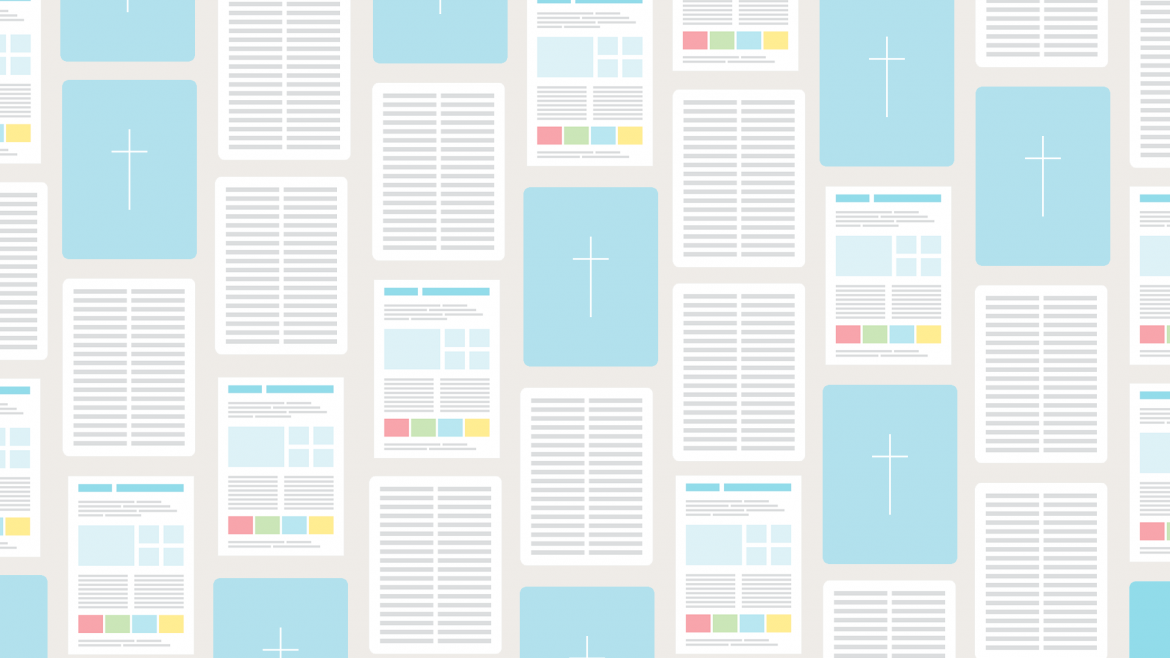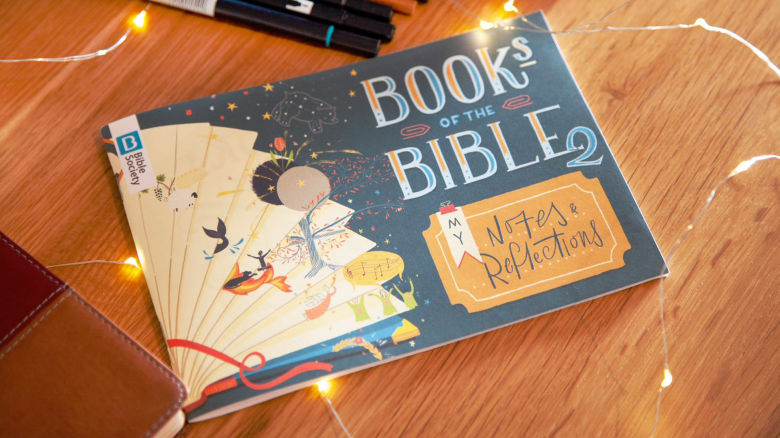This is a prophecy by the prophet Haggai which encourages those who have recently returned from exile in Babylon to rebuild the temple in Jerusalem. Haggai was upset that people were living in fine houses while God’s temple remained in ruins and argued that this was why they failed to prosper. Haggai declared that God would make the second temple greater and more glorious than the first. The prophecy is similar in some parts of its message to its companion book Zechariah.
4Yet now take courage, O Zerubbabel, says the Lord; take courage, O Joshua, son of Jehozadak, the high priest; take courage, all you people of the land, says the Lord; work, for I am with you, says the Lord of hosts, 5according to the promise that I made you when you came out of Egypt. My spirit abides among you; do not fear. (Haggai 2.4–5)
6You have sown much, and harvested little; you eat, but you never have enough; you drink, but you never have your fill; you clothe yourselves, but no one is warm; and you that earn wages earn wages to put them into a bag with holes. 7Thus says the Lord of hosts: Consider how you have fared. (Haggai 1.6–7)
Haggai links the prosperity of the people to their building of the temple for God: you may need to reflect as you read on how you feel about this.
The prophecies come from Haggai but, as with many of the other prophets, it is likely that they were written down later by someone else.
Very little. He is referred to as a prophet in 5.1 and 6.14 but other than that, nothing is known about him from outside this book.
The exiles were allowed to return from Babylon by King Cyrus in 538 BC. The first exiles began to return shortly after this. Haggai (and its companion book Zechariah) comes from this period and reflects a little of what it was like in that time.
This marks the start of the Second Temple period, which stretches from the time of Haggai until the temple's destruction in AD 70 by the Romans.
Reading between the lines of Haggai and Zechariah, the people were feeling an odd mix of hopeful (due to the exile ending) and miserable (since their situation after the return was not as comfortable and prosperous as they had hoped).
The very end of 2 Chronicles; Zechariah
Prophecy. This is a prophecy with a clear aim and outcome. Haggai argued strongly for the rebuilding of the temple and the book says that he was successful in this. As a result it is a mix of prophecies and narratives.
1.1–11 The prophetic call to rebuild the temple
1.12–15 The people obey and begin to build it
2.1–9 God promises that the second temple will be glorious
2.10–19 Haggai asks the priests to declare what is clean or unclean
2.20–23 Zerubbabel is identified as the chosen one
There will be lots of names you will not know; don’t worry if you can’t place them all. The key ones are given below.
Judah
Darius, Zerubbabel, Joshua the High Priest
Post-exilic period, High Priest, priest
Haggai weaves together challenge and hope in his message. Look out for these twin themes as you read. What challenges does he offer? And what hope does he hold out?
The temple is vitally important for Haggai – look out for what he says about it in his messages.
'Yet now take courage, O Zerubbabel, says the LORD; take courage, O Joshua, son of Jehozadak, the high priest; take courage, all you people of the land, says the LORD; work, for I am with you, says the LORD of hosts, according to the promise that I made you when you came out of Egypt. My spirit abides among you; do not fear' (Haggai 2.4–5). Ask yourself why you think the temple was so important for the prophet.
Right at the heart of Haggai is the importance of honouring God as much as we take care of ourselves. Reflect on whether you honour God as much as you care for yourself, your family and your friends.

Here are 8 handy tips to get your book club up and running.

Here are some ideas to get you started.

Unsure of the meaning of a word or phrase in the Bible? Check our glossary of terms.
Books of the Bible journal: 2nd Edition
Journey through the Bible, one book at a time, with the 2nd edition of our Books of the Bible journal.
